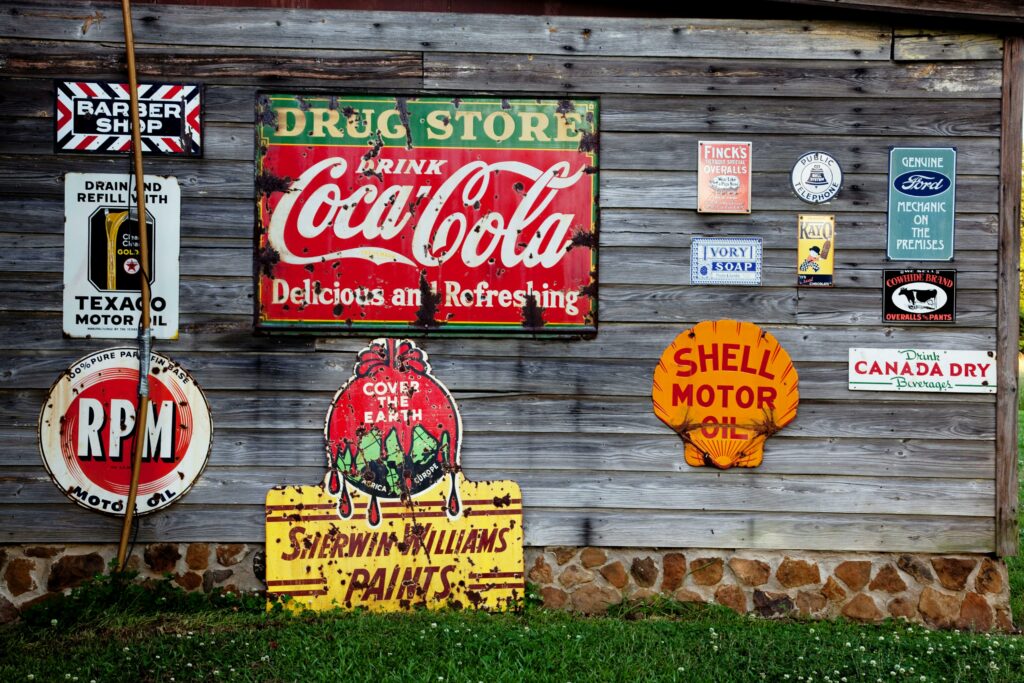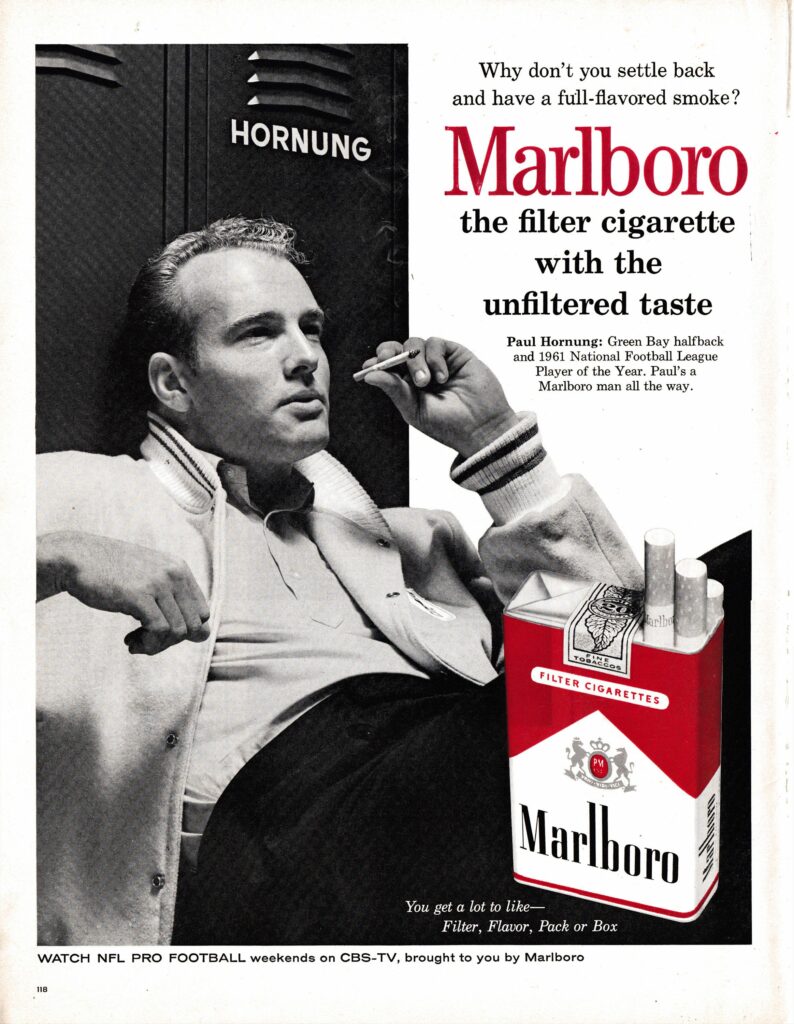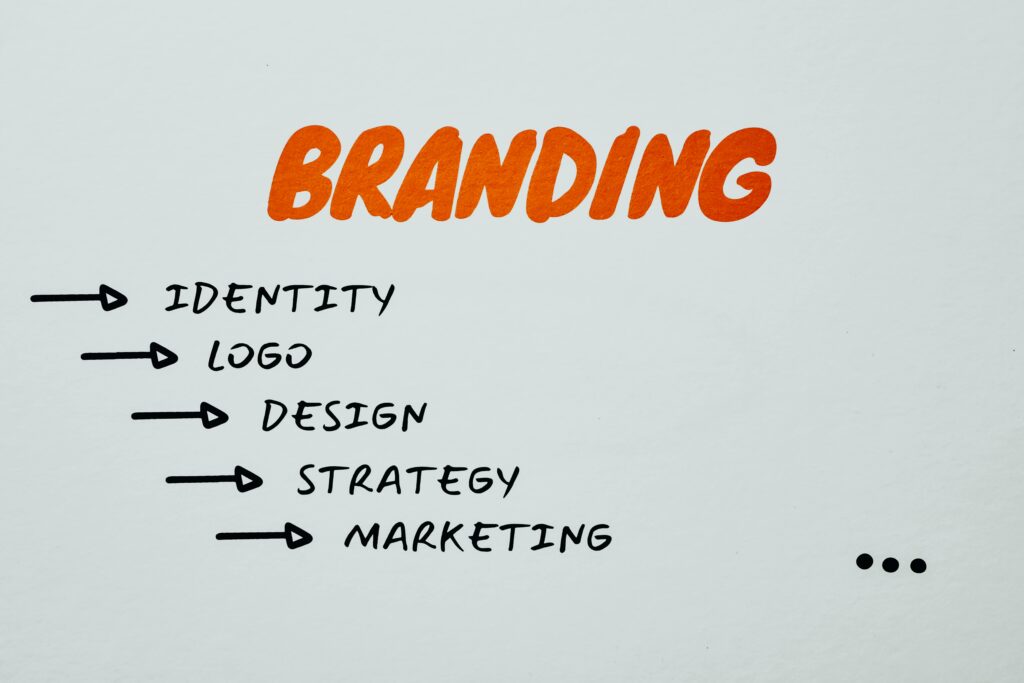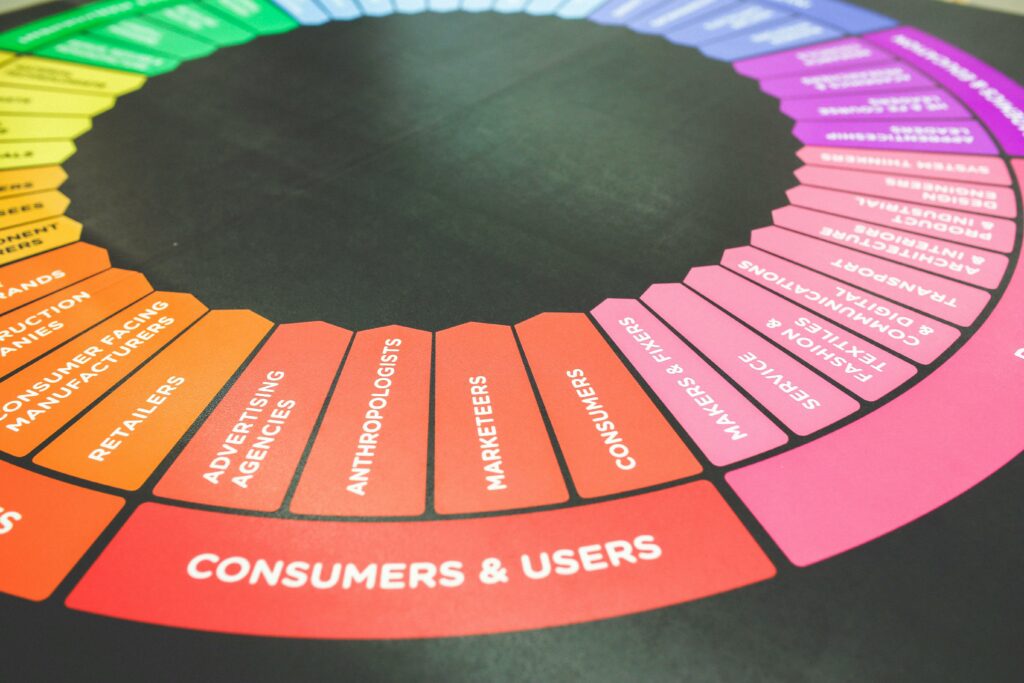I never imagined I’d end up in marketing.
To be honest, it wasn’t even on my radar when I was younger. I was always more drawn to creative pursuits—writing, art, storytelling.
But I also had a knack for numbers and analytics, a rare combination that eventually led me into the world of marketing. It seemed like the perfect blend of creativity and analytical thinking.
However, as I ventured deeper into the industry, I found myself facing ethical dilemmas that I had never anticipated.
These challenges shaped my perspective on what it means to be an ethical marketer, a role that carries immense responsibility in today’s society.
The Journey of an Ethical Marketer: Balancing Creativity, Analysis, and Responsibility

Growing up in the 90s, I was surrounded by a barrage of flyers and constant radio ads, many of which urged people to take out loans to afford Christmas presents. Even as a kid, I found these ads both annoying and unsettling.
I vividly remember the endless stream of promotions telling parents to get into debt so their children could have the latest gaming console or other expensive gifts.
Even back then, it felt wrong to me.
I couldn’t shake the feeling that encouraging people to go into debt for something as fleeting as Christmas presents was irresponsible and manipulative.
I often saw my parents’ frustration with these intrusive ads, so much so that they put a “No Flyers” sticker on our mailbox.
It was a small act of defiance against the relentless tide of marketing.
Over time, I began to understand that it wasn’t just the products being sold that were problematic, but the tactics used to sell them. These lending institutions had cleverly convinced people that borrowing money for holiday gifts was not just acceptable but necessary. This realization only deepened my distaste for the marketing and advertising world.
As I grew older and more aware, I started to see that this was just one example among many. There were countless other instances where marketing tactics seemed to prioritize profit over people’s well-being. It left me with a strong aversion to the industry.
My parents’ stance on advertising heavily influenced my perspective. Our mailbox, void of flyers, was a small symbol of resistance against the pervasive consumer culture that seemed to infiltrate every aspect of our lives.

Interestingly, this aversion to marketing didn’t last forever.
Marketing vs. Advertising: What’s the difference?
When I entered the professional world, I began to differentiate between marketing and advertising, two terms that are often used interchangeably but are quite distinct.
Marketing is the broader strategy encompassing research, product development, pricing, and distribution.
Advertising, on the other hand, is a subset of marketing, focused on creating and delivering promotional messages through various media channels.
Understanding this distinction was a turning point for me. I realized that my skills and interests lay more in marketing—the strategic, story-telling, big-picture thinking—rather than in advertising, which felt more like the execution of sometimes manipulative tactics.
However, as I progressed in my career and eventually led entire marketing departments, I had to embrace advertising as well. There was no way around it. To be an effective marketer, I needed to be a good advertiser too. This duality required me to reconcile my ethical concerns with the demands of my profession.
Despite my initial resistance, I found that advertising didn’t have to be manipulative. I could leverage my position to promote ethical practices and transparency. I focused on creating honest and compelling campaigns that provided real value to consumers without resorting to deceitful tactics. This approach allowed me to stay true to my values while fulfilling my professional responsibilities.

Maintaining this balance wasn’t always easy, but it was crucial. As a marketer, I had the power to influence public perception and consumer behavior. I chose to use that power responsibly, ensuring that my campaigns were not just about selling products but about building trust and fostering long-term relationships with customers. In doing so, I found a way to align my work with my principles, making a positive impact in the industry and on society as a whole.
My journey in marketing has been shaped by a deep-rooted skepticism of advertising’s more aggressive tactics. By understanding the distinction between marketing and advertising,
I’ve been able to carve out a successful career that balances ethical considerations with professional success. It’s a challenging path, but one that’s ultimately rewarding.
My experiences have taught me that it’s possible to be a successful marketer without compromising on ethics, and that, in fact, ethical marketing can lead to more sustainable and meaningful success.
The Lure of Creativity and Analysis

When I first stepped into the world of marketing, I was thrilled by the possibilities. Here was a field where I could use my creativity to craft compelling narratives and my analytical skills to measure their impact. It felt like a dream job.
I worked on campaigns that ranged from promoting eco-friendly products to raising awareness for social causes. Each project was an opportunity to create something meaningful while analyzing consumer behavior to refine our strategies. But as I climbed the corporate ladder, I began to see the darker side of marketing.
The Ethical Dilemmas
One of the most challenging aspects of my career has been dealing with brands that wanted to sell products I wasn’t comfortable with. I remember a particularly tough situation early on in my career when a major client, a fast-food chain, wanted to launch a campaign targeting children.
The products were high in sugar and fat, and I knew they contributed to childhood obesity. I felt torn. On one hand, it was a high-profile client that could significantly boost my career.
On the other hand, I couldn’t ignore the ethical implications.
After much deliberation, I decided to voice my concerns. It wasn’t easy, but I proposed alternative strategies that focused on promoting healthier options.
To my surprise, the client was receptive. This experience taught me that ethical marketing isn’t just about saying no; it’s about finding responsible solutions that align with both business goals and societal well-being.
The Importance of Ethical Marketing Today
Ethical marketing is more important than ever. In an age where consumers are increasingly aware of the impact of their choices, brands must prioritize honesty, transparency, and responsibility. Marketing has the power to influence public perception and behavior, which means we have a duty to use that power wisely.

Take, for example, the infamous Marlboro Man campaign. It was a marketing genius move that created an iconic image of rugged masculinity. However, it also glamorized smoking and contributed to a public health crisis. Imagine being the head of marketing for Marlboro during that time. The success of the campaign is undeniable, but at what cost?

The Power of Marketing
Marketing is incredibly powerful. It shapes how people see the world and influences their decisions. This power comes with great responsibility. As marketers, we need to protect consumers, not exploit them.
We must create communities, not just sell products. Ethical marketing means considering the long-term effects of our campaigns and prioritizing the well-being of our audience over short-term profits.
The Responsibilities of Marketers and Businesses
Businesses and marketers have a responsibility to act ethically. This means being transparent about product ingredients, being honest about the benefits and potential harms, and promoting products that genuinely improve people’s lives.
For example, consider the rise of organic and sustainable products. These aren’t just trends; they’re responses to consumer demand for healthier, more ethical options. Companies that prioritize these values are not only doing the right thing but are also building stronger, more loyal customer bases.
Learning from History
Looking at other countries’ marketing transformations can provide valuable insights. Take Singapore, for instance. Once seen as a developing nation, it has transformed its global image through smart branding and marketing strategies.
The country invested in clean, efficient, and futuristic branding that attracted businesses and tourists alike. Similarly, brands can rebrand themselves by aligning with positive values and ethical practices.

My Personal Experience with Ethical Marketing
Throughout my career, I’ve worked on various campaigns, but the ones I’m most proud of are those that aligned with my values. Promoting products that are sustainable, healthy, and beneficial to society gives me a sense of purpose.
For instance, I once worked with a company that produced eco-friendly cleaning products. The campaign was not just about selling a product; it was about educating consumers on the benefits of going green and making small changes for a healthier planet.
The response was overwhelmingly positive, and it reaffirmed my belief in the power of ethical marketing.
The Rise of Frozen Foods: A Personal Recount
The rise in frozen foods is another trend that highlights the importance of ethical marketing. As our lifestyles become busier, the demand for convenient meal options has skyrocketed. However, this convenience often comes at the expense of health.
Marketers have the power to steer this trend in a positive direction. By promoting frozen foods that are made with natural ingredients and free from harmful additives, we can provide consumers with convenient yet healthy options. It’s about balancing convenience with health, ensuring that we don’t sacrifice one for the other.
The Future of Ethical Marketing

Looking ahead, ethical marketing will continue to play a crucial role in shaping consumer behavior and societal norms. As marketers, we must stay committed to our values and prioritize the well-being of our audience.
This means constantly evaluating our strategies, being transparent in our communications, and advocating for products that truly benefit consumers.
Conclusion
I’ve faced tough decisions, but each one has reinforced the importance of ethical marketing. It’s not just about selling products; it’s about making a positive impact on society.
We have the power to influence public perception and behavior, and with that power comes great responsibility. By prioritizing honesty, transparency, and societal well-being, we can create marketing campaigns that are not only successful but also ethical.
As we move forward, let’s focus on this responsibility and use our skills to protect consumers, build communities, and make the world a better place.
